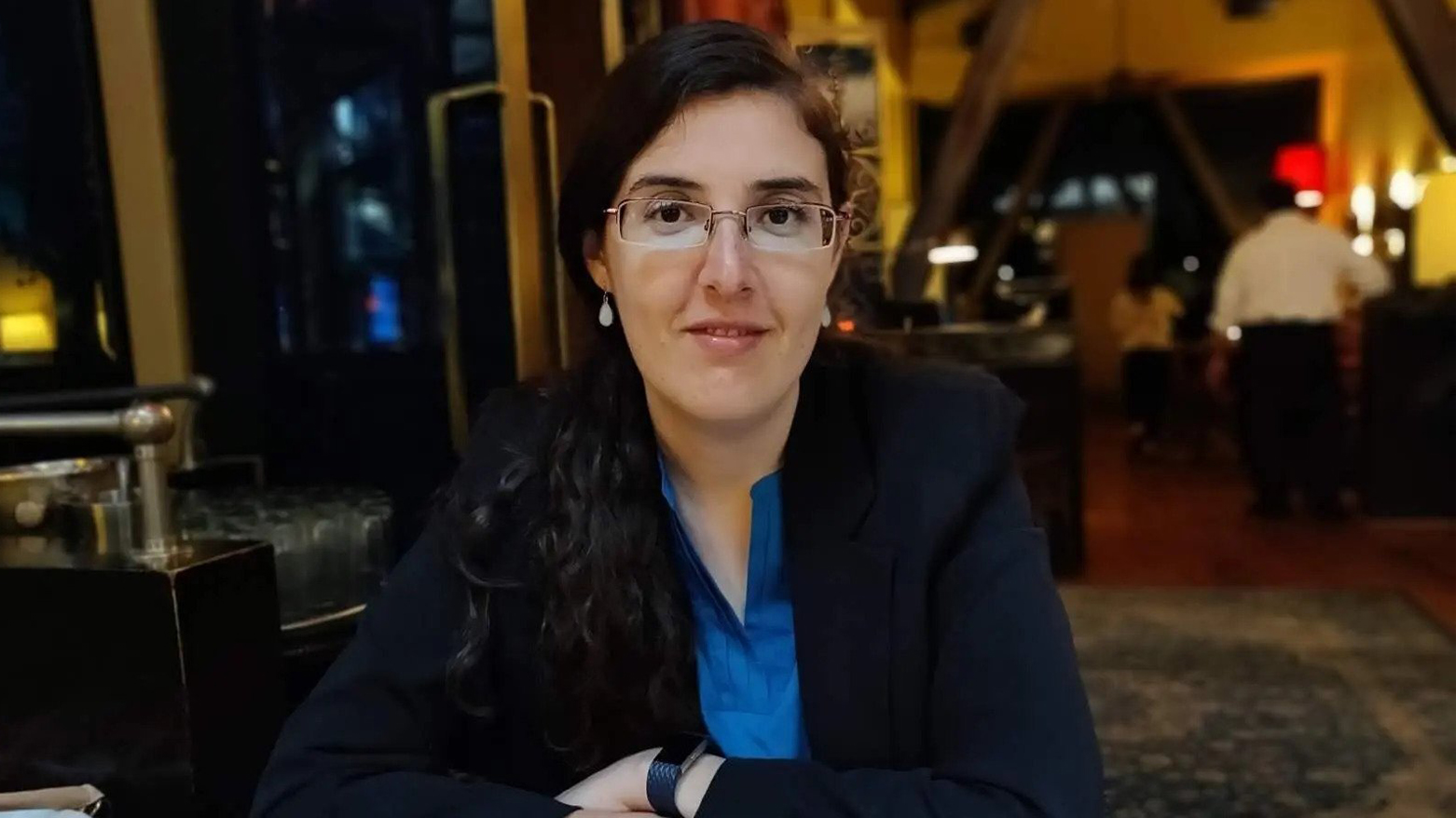Iraqi PM and Trump Announce Release of Kidnapped Israeli-Russian Academic Elizabeth Tsurkov
Israeli-Russian scholar Elizabeth Tsurkov, abducted in Baghdad in 2023, has been released after 903 days in captivity, with Baghdad hailing security efforts and Donald Trump attributing her freedom to Kataeb Hezbollah.

ERBIL (Kurdistan24) — Iraqi Prime Minister Mohammed Shia al-Sudani and US President Donald Trump announced Tuesday the release of Israeli-Russian academic Elizabeth Tsurkov, who was kidnapped in Baghdad in March 2023.
Sudani said Tsurkov was freed after "extensive efforts" by Iraqi security services, describing her captors as a "group of outlaws." He confirmed that the Princeton University doctoral student was handed over to the US embassy in Baghdad to be reunited with her sister, a US citizen.
Trump, however, credited the release to Kataeb Hezbollah, a powerful Iran-backed faction, claiming on his Truth Social platform that Tsurkov had been "tortured for many months" and was released directly by the group.
"She is now safe at the US embassy in Baghdad," he wrote.
Sabah al-Numan, spokesman for the Iraqi prime minister, said authorities located Tsurkov’s detention site on September 9 following months of intelligence efforts. Her sister, Emma Tsurkov, expressed gratitude to Trump, his envoy Adam Boehler, the US embassy, and the non-profit Global Reach, saying:
“We cannot wait to see Elizabeth and give her all the love we have been waiting to share for 903 days.”
In late July, during an interview with AP, al-Sudani rejected claims that his administration had failed to act. He confirmed that a government team is working on the case but emphasized Iraq’s policy of not negotiating with “gangs and kidnappers.”
Academic and Researcher
Tsurkov, a fellow at the New Lines Institute for Strategy and Policy, had entered Iraq on her Russian passport for doctoral fieldwork focusing on Shiite movements, including pro-Iran factions and the influence of cleric Moqtada Sadr.
She was abducted in Baghdad’s Karrada neighborhood after leaving a café, according to Iraqi intelligence sources at the time.
An active voice on social media with tens of thousands of followers, Tsurkov often highlighted issues of human rights in the region. Israeli authorities had earlier blamed Kataeb Hezbollah for her abduction, though the group denied responsibility.
Kataeb Hezbollah’s Role
On Tuesday, a Kataeb Hezbollah source told AFP that the group released Tsurkov to “spare Iraq any conflicts” and under conditions tied to the withdrawal of US forces.
“She was released and not liberated. No military operation was carried out to free her,” the source said.
The militia, one of several factions trained and armed by Iran during the fight against the Islamic State (ISIS), is formally part of Iraq’s Popular Mobilization Forces (PMF).
Despite this, it has always acted independently, particularly in targeting US forces in Iraq and Syria after the Gaza war erupted in October 2023.
The US responded with heavy strikes on Tehran-linked targets, but those attacks have since subsided. Earlier this year, Washington and Baghdad announced that the international coalition’s mission against ISIS will formally conclude in federal Iraq in 2025 and in the Kurdistan Region by 2026.
Sensitive Israeli Link
Tsurkov’s Israeli citizenship added a layer of political sensitivity to her captivity. Iraq does not recognize Israel and legally prohibits contact with Israeli citizens, reflecting long-standing hostility rooted in the Arab-Israeli conflict.
Her abduction and prolonged detention, therefore, placed Baghdad in a delicate position, balancing public hostility toward Israel with its need to avoid tensions with Washington and Moscow, given her dual Russian-Israeli identity and US support for her release.